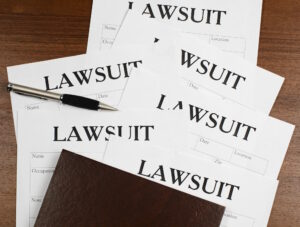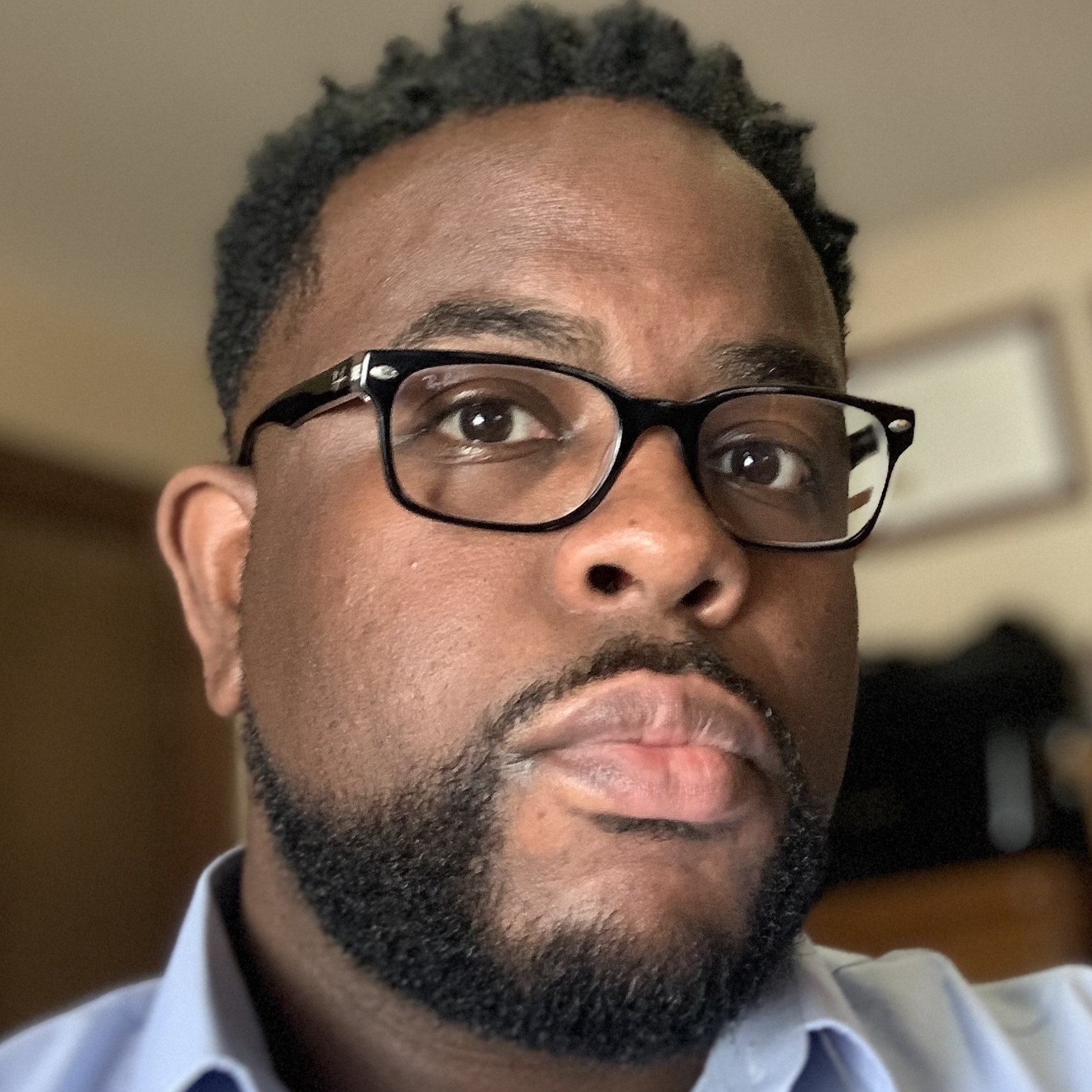Federal Litigators To Sound Off On New Rule For Multidistrict Litigation
A significant development is set to occur in the field of mass torts litigation. After years of contemplation, the Judicial Conference of the United States is being asked to amend the Federal Rules of Civil Procedure (“FRCP”) in an attempt to provide structure to the pre-trial managerial process known as multidistrict litigation (“MDL”). The United States Committee on Rules of Practice and Procedure (“Standing Committee”) has decided to publish this proposed addition to the FRCP for public comment where interested parties will have the opportunity to voice their opinions on the new rule. It stands to reason that feedback from federal plaintiffs and defense litigators may be the most valued and anticipated of all responses.
Admittedly, the Committee proposed FRCP 16.1 to fill a void considered too large and complex for current rules to handle. Multidistrict litigation, pursuant to 28 U.S. Code § 1407, involves the pre-trial coordination or consolidation of federal cases that, despite spanning multiple federal jurisdictions, share common issues of fact. With potentially thousands of cases being consolidated to a given MDL transferee court, current FRCP rules designed for singular cases have been criticized as being ineffective when applied to mass tort litigation. Rule 16.1 seeks to provide guidance on various steps throughout the MDL process, from the selection of leading counsel all the way through conducting discovery. The most vocal response to proposed iterations of Rule 16.1, however, has come from defense counsel who have encouraged the new rule to go even further.

A considerable angle to this conversation has been a recurring complaint from defense counsel that argues the current approach to multidistrict litigation encourages meritless claims. Groups such as Lawyers for Civil Justice have commented that a lack of due diligence with respect to claims reflects a rules problem where the process is hampered by frivolous lawsuits enabled by a system that implicitly encourages plaintiffs’ attorneys to simply “‘get a name, file a claim’ and wait.” Lawyers for Civil Justice has supported creating a judicial prompt requiring plaintiffs’ attorneys to show due diligence with respect to their claims and avoid indiscriminately taking on mass tort cases regardless of whether or not they lack sufficient merit with respect to causation and damages.
However, Rule 16.1 as currently proposed isn’t so direct on the matter of due diligence. Instead, the drafters decided to focus on what they saw as the managerial role of multidistrict litigation, inspired by FRCP 26(f) and 16(b) regarding matters of pre-trial conferencing and scheduling, respectively. As discussed in the December 2022 MDL subcommittee report, two factors contributed to a shift in focus towards case management:
“(1) Rule 26(f) conferences probably do not occur as part of MDL proceedings in the same manner the rule says they should occur in individual actions. If they have already occurred in some transferred actions, the rule does not call for them to occur again, but probably the scheduling order for that individual action no longer applies. And after transfer it would be chaotic to expect them to occur in individual actions in which they have not occurred (including later-filed and ‘tagalong’ actions) on the schedule set out in the rule for individual actions.
(2) It would also be desirable to provide a role for the court to consider designating ‘coordinating counsel’ to meet and confer about the topics on which the court needs information prior to the initial case management conference. Otherwise, there may be unsupervised and possibly counterproductive jockeying among counsel.”
What ultimately became of these conversations is the current proposal for Rule 16.1 as presented in the June 6, 2023 Standing Committee report and subsequently discussed in the most recent Standing Rules report. Subsection (a) of Rule 16.1 states that transferee courts should schedule an initial conference whereas subsection (b) grants the transferee court authority to designate coordinating counsel. Subsection (c) requires that parties meet ahead of the initial conference to create a report for the Rule 16.1(a) conference. Such a report may address, but is not limited to, matters pertaining to the appointment of leadership counsel; identifying factual and legal issues expected to be raised in MDL proceedings; the exchange of information regarding the factual basis for any claims and defenses; and a plan for discovery.
So what do you think about proposed Rule 16.1? Does it go too far or not far enough? Are you happy with the rule as presented? Feel free to express your opinion in our comments section below. Those of you who are interested in providing formal input can visit the US Supreme Court website for detailed instructions on How to Submit Input on a Pending Proposal. The Standing Committee has posted the preliminary draft for proposed FRCP amendments, including Rule 16.1, with public hearings set for October 16, 2023, January 16, 2024, and February 6, 2024. Public comment and supporting files are submitted through regulations.gov. The period for public comment will close on February 16, 2024.
* Disclaimer: Readback is neither a law firm nor a substitution for legal advice. This post should not be taken as legal opinion or advice.



